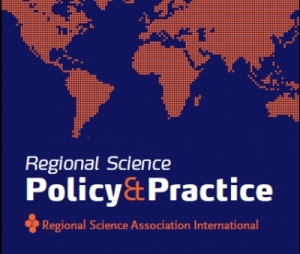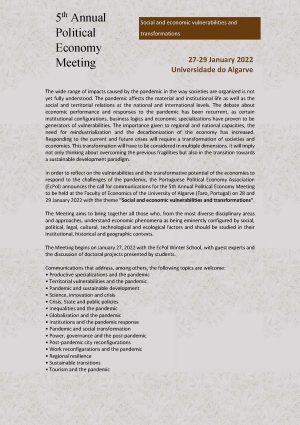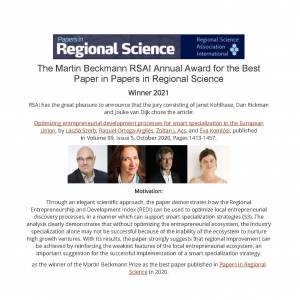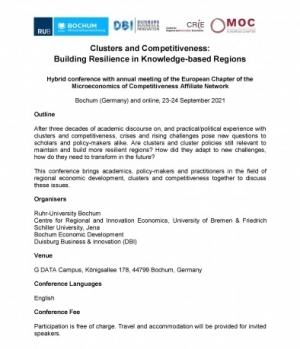participatory LAB - Laboratory of Spatial, Urban and Environmental Participatory Planning for Climate Change Adaptation
The project "participatory LAB" is funded by the Green Fund under Priority Axis 3: Citizen Participation "Innovative actions with citizens" of the funding program "Natural Environment & Innovative Actions 2020".
Scientific Conference: 19-21 November 2021
Participatory Design: City, Environment and Climate Change.
Experiences, Challenges and Potentials

Access to decision-making processes for planning and policies regarding the environment, cities and space has been at the forefront of the public discourse in recent years. Ranging from international organizations and academic research to local governments the notions of participation, transparency, and engagement of citizens have been gradually identified as essential for addressing today’s societal, economic, and environmental challenges. In New Urban Agenda (2016), and specifically in article 13, it is described the vision for cities that are “are participatory […] prioritize safe, inclusive, accessible, green and quality public spaces”. The Paris Agreement (2019), which is an important roadmap bidding governments to adopt measures to tackle the climate crisis, states that “adaptation action should follow a country-driven, gender-responsive, participatory and fully transparent approach, taking into consideration vulnerable groups, communities and ecosystems”. The report of the European Committee of the Regions (2016) focuses on the need to strengthen the participatory decision-making process to improve quality and transparency at the local, national and European level so that citizens own the policies and planning adopted. At the local level, Municipalities are gradually beginning to integrate participatory processes into all aspects of city governance. From the design of public space and the Sustainable Urban Mobility Plans to the financial planning and budget of the Municipalities. Along with these "top-down" transformations, social movements and groups of citizens are pressing for more "bottom-up" approaches, demanding their active participation in the governance of cities and challenging urban boosterism agendas and policymaking. In Europe, the last years, numerous are the case of inclusive design and participatory design processes in different scales of design and governance.
In Greece, participation in decision-making processes around spatial planning or policy-making issues remains limited. Despite the changes of recent years, the dozens of groups dealing with empowerment issues, the concept of "participation" has remained a process with limited institutionalization.
In the context of spatial and environmental planning, a number of studies have been done, in which institutional participatory procedures are found. (eg. Regional Climate Change Adaption Plans, Sustainable Urban Mobility Plans). The concept of participatory planning is articulated, but its effective integration has not been sufficiently implemented. The use of participatory methodologies has remained insufficient or optional and other existing participation tools (eg. local referendums) are often bypassed.
The scientific conference “Participatory Planning: City, Environment and Climate Change” attempts to initiate a dialog regarding societal access to decisions through the planning and policy-making process for space and environment. The objective of the conference is to transfer international and European knowledge and past experiences, to showcase initiatives and good practices both in terms of citizens, groups-movements and of local governments. To study theories and methodologies of participatory design. To present and discuss the institutional initiatives of recent years, to see how they are evaluated. To highlight international and local (Greek) good practices and actions etc.









 Optimizing entrepreneurial development processes for smart specialization in the European Union
Optimizing entrepreneurial development processes for smart specialization in the European Union

 We regret to inform that Pedro Ramos passed away on July 6, 2021. He was 62 years old.
We regret to inform that Pedro Ramos passed away on July 6, 2021. He was 62 years old.